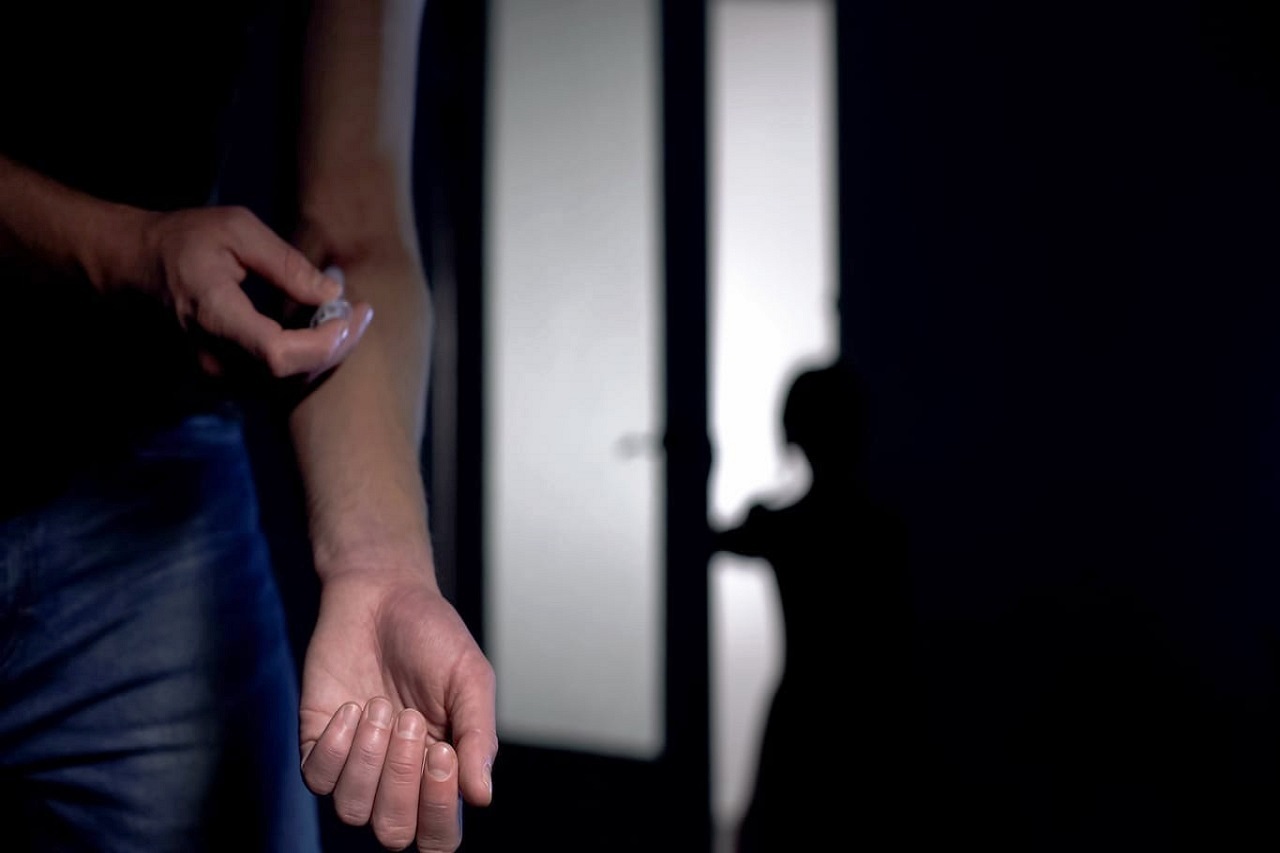For anyone who has started a drug rehab program or is about to start, it might be too late to convince your ex-spouse or partner that you are a fit and proper parent who should be allowed visitation or even the opportunity to co-parent. The truth is that it is not up to any parent to decide the legalities or otherwise of whether the other parent should have contact with their children; it is for the family courts to decide.
When the matter of who can or cannot see their children comes before a family court judge, it will be what is in the best interests of the child they will use to determine their decision. This is when your use of drugs, whether it is current or in the past, will likely be brought up in court by the child’s other parent or their family lawyer.
To do so formally, they, or their legal representative, will submit specific documents to the court indicating that they believe the child is at risk with regards to your alleged drug taking. This could include accusations that you leave drugs around your home or that you take drugs in full view of the child.
Although a family court will always do what it believes protects a child, it will take any of these accusations at face value and seek further evidence or proof that they have truth. It may initially issue a notice of risk, which obliges the parent accused of taking drugs to undertake specific actions to establish the integrity of what is being alleged.
These obligations can include the following:
- Show that they are not under the influence of drugs
- Display intent to go through or show documentation that you are attending a qualified drug rehab facility
- Submit themselves for regular drug testing
- Allow themselves to be tested for drugs randomly
- Submit themselves for a hair follicle test
Whilst there are several different types of drug tests that a family court might order a parent to take, a hair follicle test might prove to be most troublesome for someone who has recently joined a drug rehab program. The reason for this is that a hair follicle test can identify drug use over a more extended period.
What this means is that if you have started a drug rehab program four weeks previously, there may still be evidence of your previous drug use highlighted by a hair follicle test. Another point about hair follicle tests is that they can accurately identify which particular drugs someone was taking, which is a further problem if you were carrying hard drugs as opposed to so-called soft drugs.
If you are ordered to take a hair follicle test, you must present to the court as much evidence as you can that you are on a drug rehab program and your drug use is curtailed or at least under control and moving towards being clean.
One fact about these hair follicle tests is that they are very costly, and if the court orders that you pay them, you can request a different type of drug test that is more affordable for you. One such test is a urine test. A urine test is used to show if a person has taken drugs recently, and so if you are already in drug rehab, it should come back negative.


